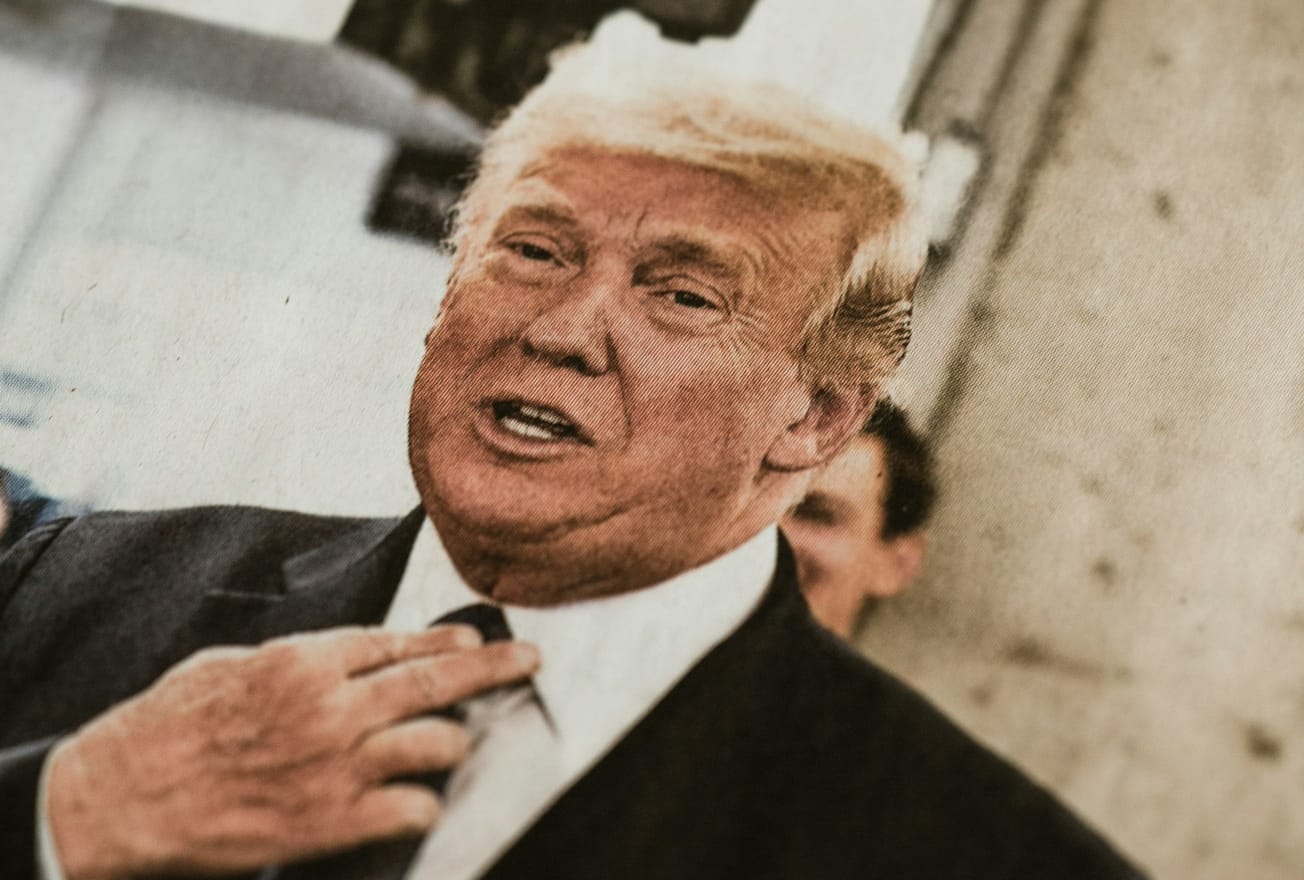The Reserve Bank of India (RBI) has recorded an oath with the nation’s supreme court in light of one of the petitions against its crypto banking ban. The central bank allegedly contends that it has acted inside its capacity and that none of the petitioners have demonstrated sensible grounds for the supreme court to intercede.
No Sensible Grounds
Last week, the Supreme Court of India was booked to hear the majority of the petitions against the crypto banking ban by the nation’s central bank, the Reserve Bank of India. Be that as it may, the case was put off the second week in succession from the first hearing date of Sept. 11. As indicated by industry members, the court is currently planned to hear the case on Sept. 25.
Because of a petition recorded by the Internet and Mobile Association of India (IAMAI), the central bank documented a testimony with the supreme court on Sept. 8, Inc42 provided details regarding Sept. 21. “Inc42 has the duplicate of the petition documented by IAMAI and also the reaction recorded by RBI on September 8, 2018.”
In its affirmation, the central bank contends that the IAMAI petition, alongside different petitions testing its ban, “isn’t viable either in law or on actualities and, consequently, subject to be rejected all things considered,” the distribution noted.
Since the RBI issued its April 6 circular banning banks from giving administrations to crypto organizations, various petitions have been documented against the ban. They assert that the central bank’s activity “disregards Articles 19 (1) (g) and 14 of the Indian Constitution,” which “will prompt the conclusion” of influenced firms, the news outlet clarified. Be that as it may, the RBI point by point in its affirmation:
The impugned circular and the impugned statement neither violate the right to equality guaranteed under Article 14 or the right to trade and business guaranteed under Article 19 of the Constitution…The petitioner cannot seek to exercise the extraordinary jurisdiction of this Hon’ble Court to avail a right which they do not have.
RBI’s reaction additionally peruses, “There is no statutory right, significantly less an encroached one, accessible to the petitioner to open and keep up bank records to exchange, put or arrangement in virtual currencies.” furthermore, the central bank asserts that IAMAI and others “haven’t got any sensible or valid ground for impedance by this court.”
RBI Safeguards Its Circular
The central bank contends that its April 6 circular is in accordance with its three past explanations in regards to cryptocurrencies – one of every 2013 and two out of 2017.
Calling the circular a fundamental advance, the RBI guarantees that cryptocurrencies are related with different dangers, for example, absence of client insurance, high unpredictability, weakness of wallets and trade houses to digital assaults, tax evasion, and so on,” the news outlet passed on.
“Not at all like a money which is characterized as something that can be a medium of trade, a store of significant worth and a unit of record,” the central bank attested that cryptocurrencies, “given their unpredictability, absence of inherent esteem and low selection, fulfill none of these criteria.” Accentuating that “Their esteem is only gotten from the gatherings to a transaction willing to pay a specific sum” for them, the RBI kept up:
The impugned circular and the impugned statement have been issued in a manner that is consistent with the powers conferred on the RBI by the law and the same are legal and valid.








